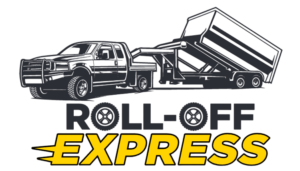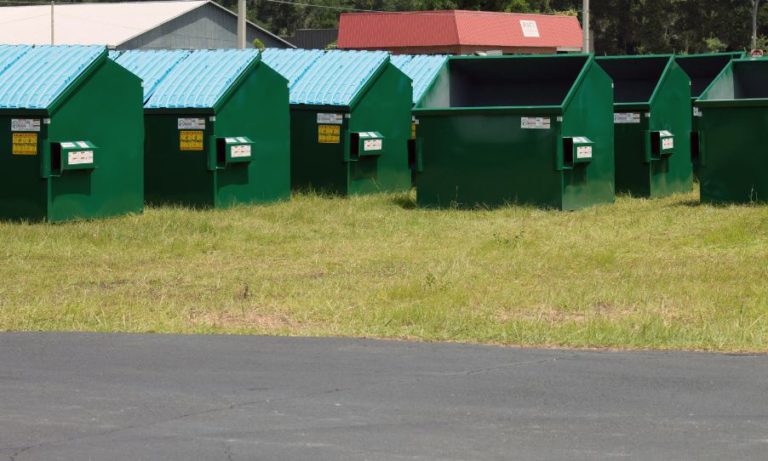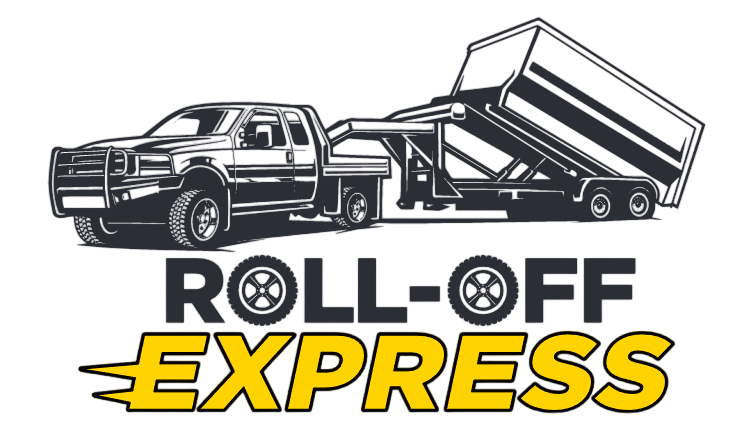

Dumpster rentals are typical in construction sites, renovation projects, and waste management efforts. Dumpster rentals, like RollOff Express, are convenient for collecting and disposing of large quantities of waste materials. Accidents and injuries occur due to improper usage, lack of awareness, and inadequate training.
This article will highlight essential best practices to ensure dumpster rental safety, mitigate the risk of accidents, and promote a safer working environment.
Choosing the right dumpster size and placement is crucial. Select a dumpster size that matches your project’s needs. Opting for a larger dumpster may lead to overloading and increase the risk of accidents when filling or transporting it.
Proper dumpster placement is equally vital. If the project site lacks a suitable area, consider using wooden planks or plywood to create a stable foundation for the dumpster.
Furthermore, communicate the placement and guidelines to all workers involved in the project. Proper training and clear instructions will help prevent accidents and promote responsible waste disposal practices. Encourage using safety gear, such as gloves and closed-toe footwear, when handling debris to minimize the risk of injuries.
People doing the collection and disposal, whether the construction crew or waste management personnel, must receive proper training and education on safety protocols. Training should include understanding the safe loading capacity, adequate waste disposal techniques, and handling potential hazards like sharp objects or hazardous materials. Regular safety briefings and updates on best practices can help reinforce safe behaviors.
Dumpsters have specific weight capacities, and exceeding these limits can lead to disastrous consequences. Overloading a dumpster can cause it to become unstable and prone to tipping over, potentially injuring workers or bystanders and damaging property. Personnel should learn, understand, and adhere to these guidelines.
Regular inspections of dumpsters and their contents are also necessary to promptly identify and address any potential overloading issues. Promoting awareness of weight limits and fostering a safety culture can significantly reduce the risk of accidents and protect the well-being of those working with or near dumpsters.
Rental companies, like Roll Off Express, provide comprehensive instructions and guidelines to their clients on how to use the dumpster safely. This information should cover proper loading techniques, weight limits, prohibited items, and placing the dumpster on stable ground. Adequate training for those operating the dumpster is also essential to prevent accidents caused by improper handling.
Additionally, prominently displayed signage near the dumpster can constantly remind us of safety rules and precautions. The signage should include essential information such as the maximum weight capacity, proper loading procedures, and a list of forbidden materials. These signs should be large, clear, and placed at eye level, making them easily readable by anyone approaching the dumpster.
Moreover, cautionary signs can warn passersby and workers about potential dangers near the dumpster, such as falling debris, tripping hazards, or moving equipment. These signs can help create awareness of the potential risks and encourage people to stay safe from the area.
Proper implementation of Personal Protective Equipment (PPE) is the proper implementation of Personal Protective Equipment (PPE) to mitigate potential risks. Sturdy work gloves should be worn to protect hands from sharp objects, broken glass, and other hazardous materials commonly found in dumpsters. These gloves offer a barrier against cuts, punctures, and chemical exposure.
Thirdly, wearing safety goggles or a face shield is essential to safeguard the eyes from debris, dust, and harmful substances while loading or unloading materials. The eyes are vulnerable, and eye protection can prevent serious injuries. Additionally, employees should wear high-visibility vests or reflective clothing, especially during low-light conditions.
Proper footwear is crucial for dumpster-related tasks. Steel-toed boots offer protection against falling objects or mishaps. Respiratory protection is necessary when dealing with dusty or chemical-laden waste materials. Dust masks and respirators can prevent inhaling harmful particles and toxins, promoting better air quality.
Regularly inspect the area around the dumpster to eliminate potential slip and trip hazards. Loose debris, wet surfaces, and uneven terrain can cause accidents and injuries. Promptly clean up spills and maintain a clear path to the dumpster.
Create a list of prohibited items that should not be disposed of in the dumpster. These items include hazardous materials, flammable substances, electronics, or large appliances. Ensure this list is visible to all personnel using the dumpster.
When not in use, the dumpster should be covered or secured to prevent unauthorized access and to avoid creating a breeding ground for pests. Additionally, covering the dumpster can prevent debris from escaping during transportation.
Schedule regular maintenance and inspections for the dumpster to ensure it is in good working condition. Look for signs of wear, damage, or rust, and promptly address any issues that may compromise safety.
Having a well-defined emergency response plan is crucial in an accident or injury. All personnel should be familiar with the procedures to follow in an emergency and know how to contact emergency services promptly.
Dumpster rental safety should be a top priority in any waste management project. Prevent accidents by implementing the best practices outlined in this article. It promotes a safer as well as more productive working environment. Proper training, clear communication, regular maintenance, and adherence to safety protocols are essential. Doing so ensures a successful and incident-free waste disposal process. Nonetheless, safety is everyone’s responsibility, and working together to prevent accidents.

Roll-Off Express | LETS TALK TRASH | Dumpster Rentals